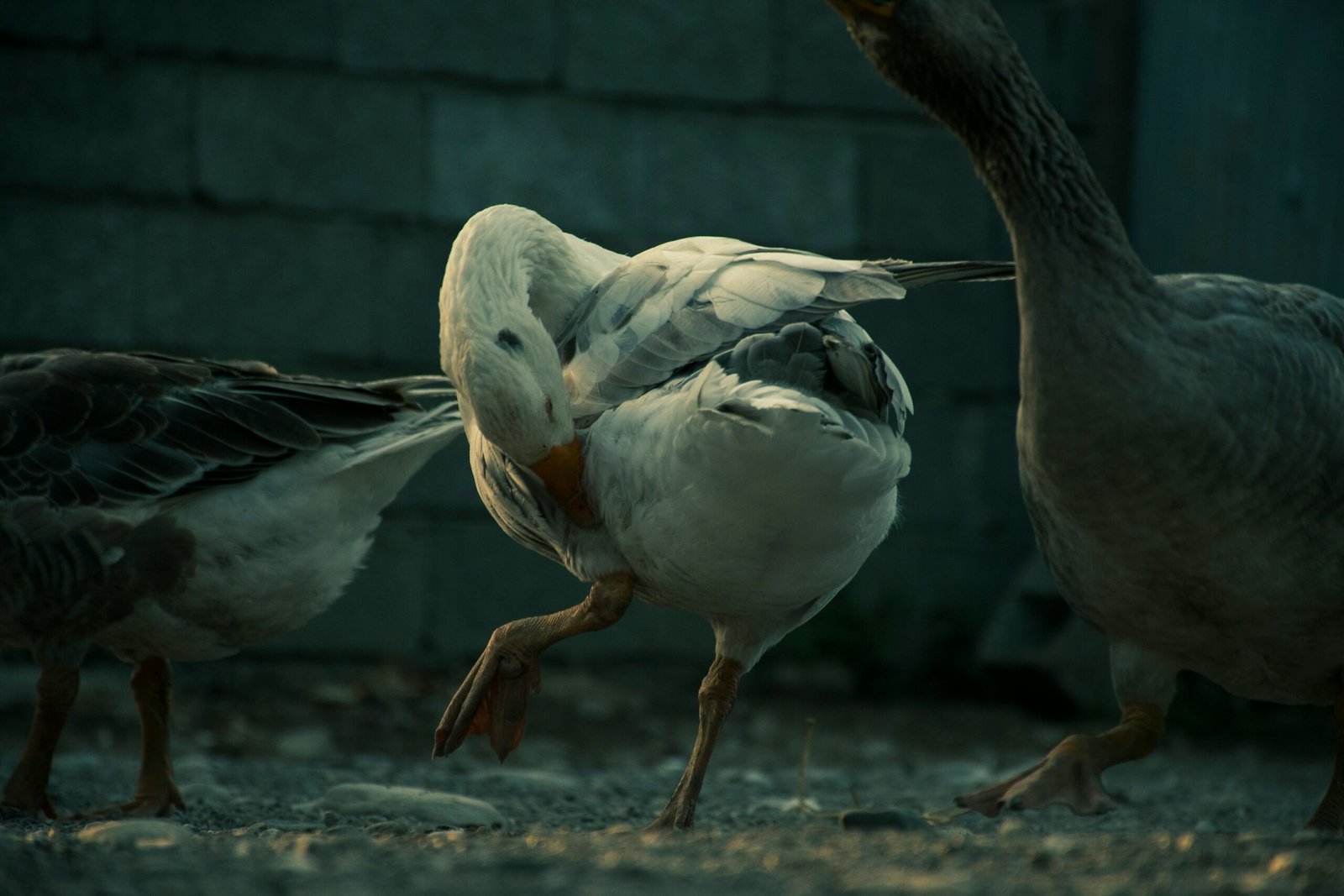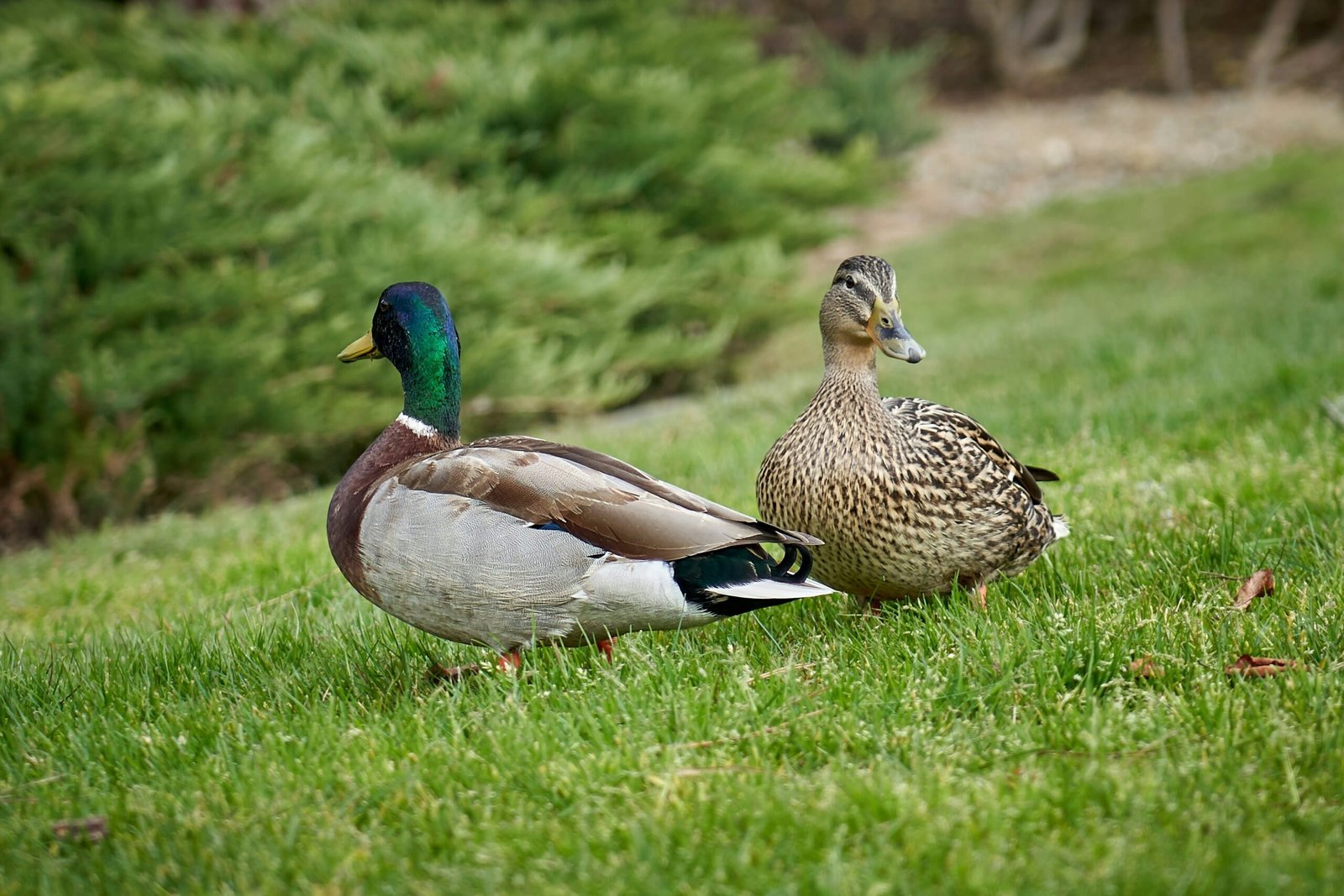Ducks, with their captivating grace and captivating plumage, have engrossed human curiosity for countless centuries. Their widespread presence in diverse habitats around the globe fuels curiosity about their lifespan. This comprehensive article dives into the intriguing world of ducks, exploring the average lifespan of these resplendent birds, the myriad factors influencing their longevity, and some intriguing facts about their life cycle.
Decoding the Average Lifespan of Ducks
The average lifespan of a duck varies depending on the species and environmental factors. In the wild, ducks typically have shorter lifespans due to predation, disease, and other natural hazards. On average, wild ducks may live anywhere from 2 to 10 years, with smaller species often having shorter lifespans.
In contrast, domestic ducks, particularly those raised for agriculture or as pets, may have longer lifespans. Under optimal conditions with proper care, some domestic duck breeds can live up to 10-20 years or even longer.
It’s important to note that these are general averages, and individual lifespans can vary based on factors such as genetics, diet, healthcare, and living conditions.
Unraveling the Factors Influencing Duck Lifespan
The lifespan of ducks is not a simple number, but a complex interplay of various influential factors.
1. Species: The lifespan of ducks is largely contingent upon their species. Mallards, the most commonly sighted species, have a typical lifespan of 5 to 10 years. In contrast, Muscovy ducks have been known to live up to two decades or even more.
2. Habitat and Environment: The living conditions and environment of ducks also play a pivotal role in determining their lifespan. Ducks residing in urban or suburban habitats may encounter increased risks due to human intervention, pollution, and habitat destruction. Conversely, those thriving in pristine natural habitats possess a better likelihood of reaching their maximum lifespan.
3. Predation: Ducks, unfortunate, are easy targets for a multitude of predators like foxes, raccoons, birds of prey, and even domestic pets. The risk of predation brings a significant deduction in the lifespan of ducks, particularly during susceptible periods such as nesting and molting.
4. Food Availability: The presence of suitable food sources is a direct determinant of the overall health and longevity of ducks. Properly nourished ducks have a higher likelihood of living longer than their counterparts facing food scarcity or poor nutrition.
5. Disease and Illness: Much like any other living entity, ducks are prone to diseases and illnesses. The eruption of avian influenza or other viral infections can wreak havoc on duck populations, significantly bringing down their lifespan.
Unveiling Interesting Facts about Duck Lifecycles
The world of ducks is teeming with interesting facts that go beyond their colorful plumage and graceful swimming.
– Ducks undergo a unique molting process where they shed and regenerate their feathers annually. During this period, which lasts about 3 to 4 weeks, ducks lose their ability to fly until their new feathers have completely grown.
– Certain species of ducks, such as Mallards, form enduring pair bonds that can last for a whole mating season. They often reunite with the same mate in consecutive years, testifying to their monogamous nature.
– Ducks are effortlessly excellent swimmers who spend substantial time in water. Their specialized webbed feet enable them to paddle through water seamlessly and search for food.
– Female ducks are identified by their distinctive quacking sounds, while males produce a variety of calls, including the familiar quack. Interestingly, the quacking sound of female ducks is not as loud as often portrayed in cartoons and movies.
– As omnivores, ducks consume both plant matter and small invertebrates. Their varied diet includes seeds, grains, aquatic plants, insects, small fish, and crustaceans.
– Some duck species, such as the Harlequin ducks, are highly migratory. They travel exceptionally long distances in search of suitable breeding and feeding grounds, adapting to changing seasons and environmental factors.
Wrapping Up
In conclusion, the lifespan of ducks varies between 2 to 12 years in the wild, influenced by a host of determinants like species, habitat, predation risks, food availability, and their overall health. While ducks in captivity may live longer, their survival in the wild is significantly governed by various environmental challenges. Gaining insights into the factors affecting duck lifespan enriches our understanding of their biology and aids in conservation efforts. So the next time you glimpse a duck skimming across a pond, spare a thought for its remarkable survival journey and the challenges it has surmounted to reach that moment.











